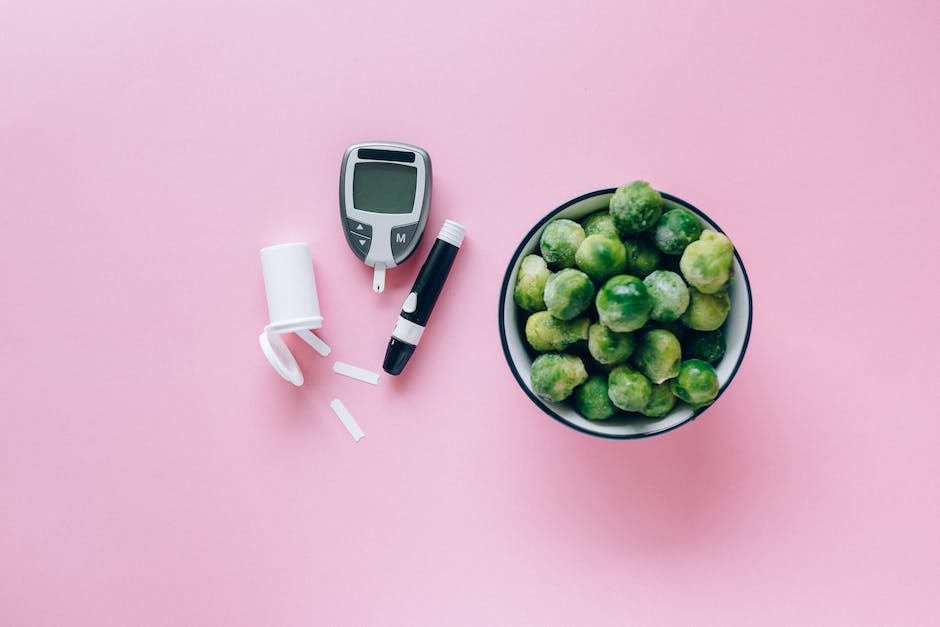
Oatmeal and the Food and Drug Administration
Among the various natural foods known to contribute toward heart health, the Food and Drug Administration accredits oatmeal for its efficacy. Oatmeal is particularly effective in reducing LDL cholesterol levels, otherwise known as the ‘bad’ cholesterol. If your blood cholesterol levels are on the higher side, introducing oatmeal into your diet can be a smart move. Consumed regularly, this humble grain can help keep your cholesterol levels under control.
In the United States, the nutritional benefits of oatmeal are well-recognized. This is why it’s common to see American breakfast menus featuring this easily digestible grain. However, it’s important to note that not just any oatmeal will do. The health benefits of oatmeal come primarily from rolled oats or steel-cut oats, not from processed or instant varieties.
The Variety of Oats Matters
If you’re looking to start eating oatmeal to manage your cholesterol, it’s important to understand the differences between various oat varieties and oat products available on the market. Rolled oats, also known as old-fashioned oats, are made by steaming and then rolling whole oat groats. This process makes them cook faster while still retaining most of the nutrients.
On the other hand, steel-cut oats undergo minimal processing, retaining more fiber than rolled oats or instant oats. They are simply whole oat groats that are chopped finely but not rolled. This means that the cooking time for steel-cut oats is a bit longer. However, their high fiber content makes them an excellent choice for combating bad cholesterol.

Cheese vs. Oatmeal
One of the primary reasons oatmeal is effective in lowering cholesterol is that it contains soluble fiber. This type of fiber readily dissolves in water and forms a gel-like substance in the digestive tract. Soluble fiber can bind to particles of bad cholesterol and help flush them out of the body. Not all foods can boast such a significant cholesterol-lowering effect.
Cheese, for instance, is rich in fats which can increase cholesterol levels if consumed excessively. Oatmeal, in contrast, contains no fats and offers other heart-healthy elements like magnesium, potassium, and folate. Hence, it’s a better choice when your goal is to reduce high cholesterol.

Oatmeal vs. Medication
It is not to say that medicine isn’t necessary for people with high cholesterol, but coupling your medication with the right diet can exponentially increase its effectiveness. Dietary adjustments including incorporating oats can significantly improve heart health. This is because oatmeal works in its unique way to counteract bad cholesterol.
Research suggests that the fibrous beta glucan found in oatmeal essentially traps bad cholesterol and prevents it from being absorbed into the bloodstream. This mechanism helps to maintain normal cholesterol levels in the blood, providing an overall preventative measure against heart diseases.

The Role of Beta-Glucan
The magic ingredient in oatmeal that is responsible for much of its cholesterol-lowering effect is called beta-glucan. This type of soluble fiber forms a viscous gel in the digestive tract that can inhibit the body’s absorption of cholesterol. This ensures that more LDL cholesterol is excreted from the body, thereby reducing blood cholesterol levels.
Moreover, beta-glucan has been found to have a prebiotic effect, stimulating the growth of beneficial gut bacteria. These bacteria further help to break down bile acids – which are made from cholesterol – thus reducing the body’s cholesterol reserves.

The Health Claim of Oats
Based on numerous studies, the Food and Drug Administration has allowed a health claim regarding the cholesterol-lowering effects of oats. This health claim states that foods like oatmeal, which contain soluble fiber from whole oats, may lower the risk of heart disease when combined with a diet low in saturated fat and cholesterol.
The recommended amount of oatmeal needed to reap its heart-healthy benefits is about 3 grams of soluble fiber per day, which can be achieved by consuming 1.5 cups of cooked oatmeal. Combine it with a heart-friendly diet, and the results will be significantly beneficial for your overall heart health.

Steel Cut Oats and their Benefits
When delving deeper into varieties, steel cut oats stand out. Although similar in nature to rolled oats, steel cut oats are less processed and thus, higher in fiber. This dense nutrient profile means they’re particularly effective at lowering LDL cholesterol.
Steel cut oats are also known to expand in the stomach, keeping you fuller for longer. This makes them a helpful aid in weight loss and weight management, which can further benefit heart health by reducing pressure on the organ.

Incorporating Oats for Heart-Healthy Benefits
Oatmeal is a versatile food that can be incorporated into your diet in a variety of ways. Eating oatmeal for breakfast is a common practice, but oats can also be added to soups, stews, and baking recipes to increase the dietary fiber content. Besides, oat bran, derived from the outer casing of the oat grain, is an extremely high source of soluble fiber and can be sprinkled on a variety of dishes.
If you’re conscious of protecting your heart and aim to improve your blood cholesterol levels, there are potent reasons to consider oats. Easy to cook and deliciously satisfying, they offer a wide range of heart-healthy benefits and well-being overall.
1. How can oatmeal lower cholesterol?
Oatmeal contains soluble fiber which forms a gel-like substance in the intestines that binds with bad cholesterol and helps in excreting it out of the body, thereby lowering blood cholesterol levels.
2. What is the recommended serving of oatmeal per day?
The FDA recommends consuming about 3 grams of soluble fiber per day, which is equivalent to 1.5 cups of cooked oatmeal, to reap the heart-healthy benefits and lower cholesterol levels.
3. What type of oats are best for lowering cholesterol?
Steel cut oats and rolled oats are highly beneficial for lowering cholesterol levels as they are less processed and contain higher amounts of soluble fiber.
4. How does oatmeal compare to medication for cholesterol?
While medications are essential for those with high cholesterol, adopting a diet rich in oats can heighten the effectiveness of these medicines. Oats contribute profoundly to improving heart health, battling bad cholesterol in a unique, natural way.
5. How does the Food and Drug Administration view oatmeal?
The Food and Drug Administration allows a health claim for oatmeal, stating that food containing soluble fiber from whole oats may reduce the risk of heart disease when combined with a low saturated fat and cholesterol diet.
6. What are some ways to incorporate oats into my diet?
Besides having oats for breakfast, they can be added to soups, stews, and baking recipes. Oat bran, a rich source of soluble fiber, can also be sprinkled on various dishes.
7. How does oatmeal contribute to weight loss?
Steel cut oats expand in the stomach, keeping you full for longer, hence aiding in weight loss and weight management that indirectly promotes heart health.
8. How do oats affect heart disease?
Oats, particularly steel-cut and rolled varieties, are great sources of heart-healthy fiber. Regular consumption can help lower blood cholesterol levels and reduce the risk of heart disease.
9. Does the type of oat product I consume matter?
Yes, not all oat products provide the same cholesterol lowering effect. Steel-cut oats and rolled oats, which undergo minimal processing, are the most effective in reducing cholesterol levels.
10. What component in oats helps lower cholesterol?
Beta-Glucan, a type of soluble fiber available in oats, helps in lowering cholesterol levels. It interferes with the absorption of cholesterol into the bloodstream, reducing the amount of LDL cholesterol in your body.








